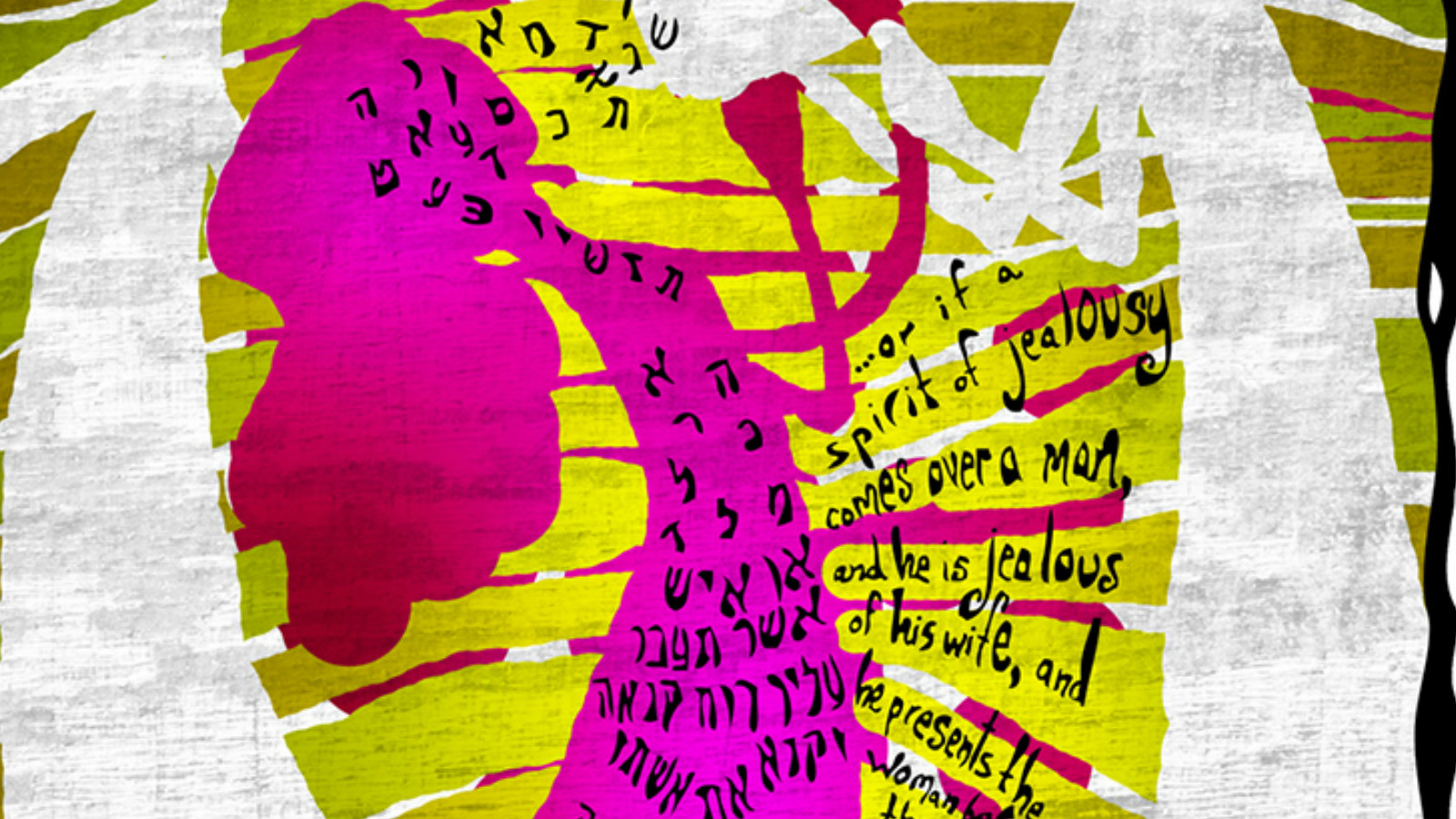Commentary on Parashat Nasso, Numbers 4:21-7:89
The journey of parenthood is strange and winding. At first we are responsible for these tiny, precious bodies that rely on us completely. Then, they slowly grow, and become increasingly independent, and somehow don’t need us anymore. They become our peers, looking us eye to eye, borrowing clothes, debating us. And before we know it, they have surpassed us — in height and accomplishment. Eventually we find they are taking care of us..
I think of myself and my children in these three stages every time I bless them with the Priestly Blessing (Numbers 6:24-26) on Friday nights (well, every time I bless them and no one is crying, which, thankfully, is happening more frequently).
This blessing, known in Hebrew as Birkat Kohanim and detailed in this week’s Torah portion, is part of our daily liturgy, appearing in the morning Amidah (standing prayer). In some communities, the priests or kohanim (descendants of Aaron, the first high priest) bless the congregation with these words, whether each day (in Israel) or on festivals (outside of Israel). And parents often bless children with these words every Friday night, as my wife and I do.
How do these three stages of parenthood and childhood flow from the three verses of this blessing? It took Rabbi Shlomo Ephraim ben Aharon of Luntschitz (Prague, 1550-1619) in the Keli Yakar, his commentary on the Torah, to help me see it, but I can never see it any other way now. Nor would I want to.
With your help, My Jewish Learning can provide endless opportunities for learning, connection and discovery.
“May God bless you and protect you” is the first line of the Priestly Blessing. God is taking care of us, above us, and we are below, like a parent taking care of a child. When I say this verse, I think of my children when they were smaller, babies perhaps, requiring my care and protection. And I see them as they are now, as school-age kids, still needing snuggles and hugs, reminders to brush teeth, tuck-ins to bed, Band-Aids and milk poured. And I see myself as I am now, a young(ish) parent.
Find the complete text of the Blessing of the Children in Hebrew and English here.
“May God cause God’s face to shine upon you, and may God be good to you.” The Hebrew word “upon you” translates is ay-leh-cha, which literally means “to you,” not “looking down to you,” or “looking up to you,” but “to you” in an eye-level kind of way. So here, God is shining God’s face at you, from the same level as you. God and we have become equals. Parent and child are peers. This verse makes me imagine seeing my children grown, and standing, looking at them eye to eye, them being independent people, debating with me, matching me point for point. It also reminds me of my relationship with my own parents nowadays.
“May God lift up God’s face to you and grant you peace.” The directionality here is most clear. God is looking up to us, up at us, as an aging parent looks up to an adult child, admiring of everything our grown child has become, we hope, yet the parent still has wisdom left to impart. While saying this verse I think of my hopes for how my children will surpass me in exciting ways, and will care for me when I’m elderly, when the roles have really reversed. I think too of the perspective and peace old(er) age may offer me, enabling me to bless them with the peace I may have found.
It’s worth speaking theologically for a minute to unpack what this interpretation of this blessing could mean vis a vis God. How could God take care of us, be our peer, and, most surprisingly, look up to us? The Keli Yakar suggests that early in the people Israel’s history, before Egypt and while in Egypt, Israel is like a daughter to God, whom God has to take care of. Later, Israel is a sister or a bride to God — a peer, in some sense. The receiving of the Torah is seen in rabbinic theology as the wedding of God and Israel. And starting from the days of the rabbis of the Talmud up to today, we have the ability to make law and interpret God’s decrees. In a sense, we rule over God, so God now is looking up at us. We, the Jewish people, are God’s mother, suggests the Keli Yakar.
The Jewish people have been blessed to experience all three of these stages of relationship with God. May all of us who are parents each be blessed to care for and protect our children when they are small. May we be blessed to enjoy our children as independent adults and peers to us, to look at them eye to eye. And may we be blessed, too, to look up at them as they care for us in our old age.



